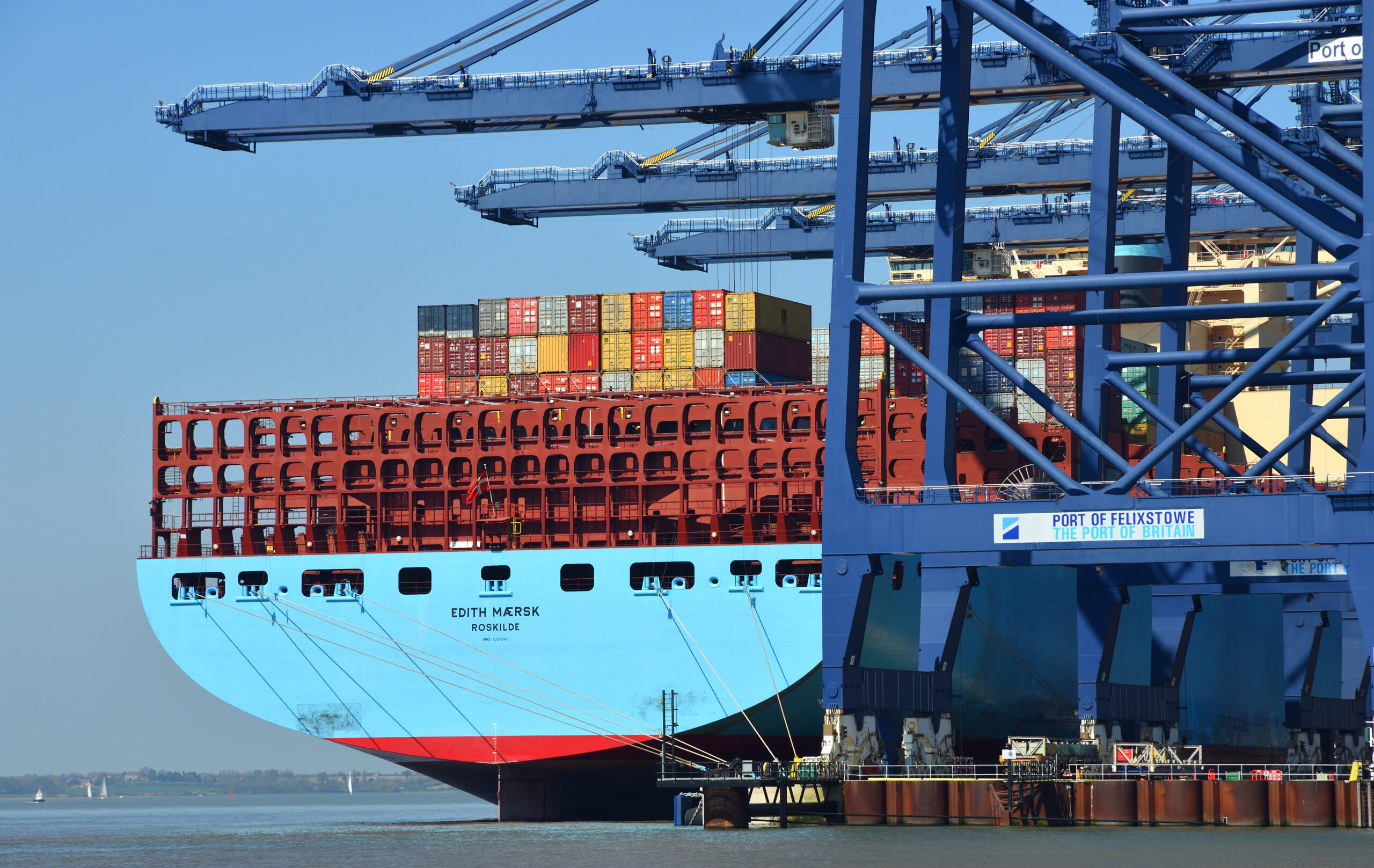LRQA, the certification institute, has approved a CO2 Emission Reporting Module produced by Shipping Technology to calculate the carbon emissions of inland navigation vessels and coasters.
Shipping Technology’s automated method for calculating emissions from inland vessels has been validated by LRQA, formerly part of Lloyd’s Register. The product, ‘Shipping Technology BRAIN’ (or, ST BRAIN) is confirmed to meet industry standard ISO 14083, which defines how to CO2 emissions are to be calculated to ensure that diverse companies from across the supply chain use the same methodology.
The primary function of the ST BRAIN system is to gather and store data from a variety of nautical systems – radar, river pilot, motor management, GPS, and AIS – and to analyse these data to enhance day-to-day business operations. The calculation of the grams of CO2 emitted per tonne transported per kilometre is only one of the analyses conducted on this dataset.
The Emission Reporting Module is also intended as a tool for shipowners to comply with the EU CSRD (Corporate Social Responsibility Directive) and ESG (Environmental, Social, Governance) regulations.
Shipping Technology CTO, Tom Boerema, commented on the certification: ‘This is a big step for us. For our current customers, it now becomes even more interesting to use more functions of the ST BRAIN. […] With this CO2 validation, you can clearly see the added value of the ST BRAIN, and LRQA’s validation also brings clear added value. It works like this: we install the ST BRAIN, a comprehensive “black box’ that collects data on the ship, engines, fuel, voyage, speed, arrival and departure times and more. That data is processed in such as way that it immediately provides useful data for a captain, shipowners, end-client or insurance company.’
Source: Shipping Technology



